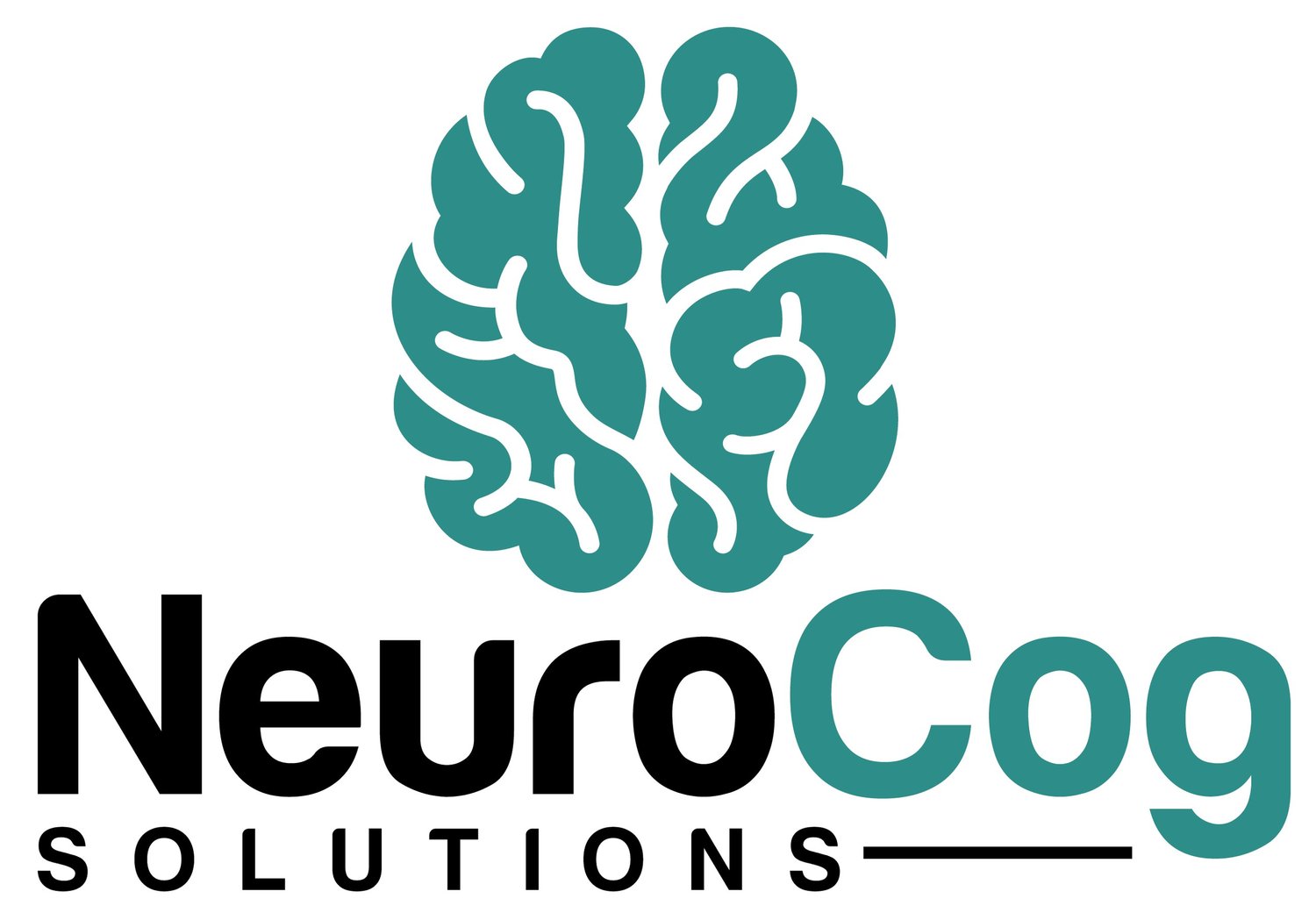
Best Tomorrow Blog

How Can Online Speech Therapy Help Me?
Online speech therapy lets you get the help you need from the comfort of your home. It's easy, convenient, and effective.

What is Cognitive Rehabilitation?
Cognitive rehabilitation helps people whose brains have been affected by injury or illness. It's about helping you get back to living your life as fully and independently as possible. If you have questions about cognitive rehabilitation, or want to try the services, reach out to us at NeuroCog Solutions.

Your Treatment Team: Who Can Help You Understand Dementia
If you're worried about memory or thinking changes, your doctor is your first point of contact. They'll help you figure out what's going on. Depending on your needs, you might also work with a speech therapist, neurologist, neuropsychologist and social worker. Together, they'll help you understand your situation and find the best ways to manage it.

Is it Dementia? Understanding Cognitive Changes from a Speech Language Pathologist’s Perspective
Is it Dementia? Understanding Cognitive Changes from a Speech Language Pathologist’s (SLPs) Perspective
Is it just aging? Many people notice changes in their thinking as they get older–slower to find a word, perhaps more forgetful. So, how do you know if these changes are normal for your age, or something more?
Mild cognitive impairment (MCI) is a term used to describe changes in thinking that are more than normal aging, but not severe enough to be considered dementia. MCI is often considered a “grey area,” or the stage between normal aging and serious cognitive decline. If you have MCI, the changes in thinking skills are more noticeable. Your thinking is not as sharp, but you can still handle your day-to-day life with some strategies.
Not all cases of MCI turn into dementia. Depending on the cause, some people may get better, some stay the same, and others may progress to dementia. Getting the right diagnosis is important because some causes of MCI are actually reversible if caught and treated early.
How will you know if your MCI will turn into dementia?
Evaluation by a professional will help you understand your condition and what it means for the future. If you are not under the care of a neurologist, talk to your primary care doctor about your concerns. Your doctor may recommend a neurology consult or refer you to a neuropsychologist for a neuropsychological evaluation. Neurologists and neuropsychologists are experts in brain conditions which may affect your thinking. They may recommend different tests (e.g., bloodwork, cognitive testing, brain scans) to find the underlying cause.
The good news is that there are things you can do to support your brain health, including therapies and healthy lifestyle habits.
Speech-language pathology services are especially useful during the MCI stage. You might need some helpful tricks or strategies to stay organized and remember things. For example, you might need lists, reminders on your phone, or a routine to avoid forgetting appointments or tasks. There are also strategies which can help you organize your thoughts and find words. A speech-language pathologist (SLP) can help you develop these strategies to make daily living easier.
For example, an SLP can provide:
Speech therapy: improves communication and understanding of what others are saying
Cognitive rehabilitation: strengthens thinking skills and develops strategies to manage changes in thinking (e.g., memory, focus, problem-solving, etc.).
Assistance with creating a healthy daily structure: research suggests that eating a balanced diet, staying physically and cognitively active, and getting enough sleep can make a big difference.
There is a myth that nothing can be done for memory loss or changes in thinking. This simply is not true– there are therapies, medical treatments, and lifestyle changes which can help you maintain your independence and potentially slow down any further decline. Talk to your doctor about your concerns and seek an evaluation to find the best treatment plan for you. If you have questions about speech-language pathology services, reach out to us at NeuroCog Solutions.
